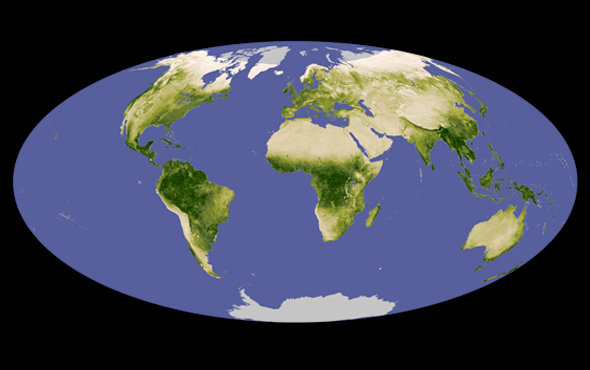
MEXICO
Small freshwater fish called sulfur mollies synchronously splash their tails to create waves, and scientists have now demonstrated that this strategy can deter hungry birds. Researchers triggered the wave-making process using slingshots and found that birds waited twice as long between attacks.
CHILE
An investigation of sedimentary rock cores revealed that a large, previously undocumented tsunami slammed into Chile’s coast in 1737. The finding suggests that tsunamis hit the country’s coastline more often than previously thought and that hazard assessments should consider both geologic and historical records.
CANADA
Scientists found evidence of bacteria “mining” silver in ancient underwater worm poo. A microscopic analysis of fossilized feces revealed specks of the metal, which likely accumulated about 500 million years ago as dung-dwelling bacteria extracted it from the surrounding water.
GREENLAND
Computer simulations suggest climate change was among the reasons Vikings abandoned Greenland in the 15th century. An expanding ice sheet would have depressed the land and pulled seawater onshore, flooding coastal settlements with up to five meters of water.
U.K.
Researchers in northeastern England unearthed an exoskeleton fragment from the largest arthropod ever discovered, in a genus called Arthropleura. By referencing related fossils’ body proportions, the team estimates this millipede would have weighed 50 kilograms and measured 2.6 meters long.
TANZANIA
New work suggests 3.66-million-year-old footprints might come from a hominin that walked with a strange gait, strutting by crossing one foot in front of another. The tracks are distinct from Australopithecus afarensis—the area’s known hominid species—suggesting early humans with very different strides may have coexisted.
This article was originally published with the title “Quick Hits” in Scientific American 326, 3, 23 (March 2022)
doi:10.1038/scientificamerican0322-23
